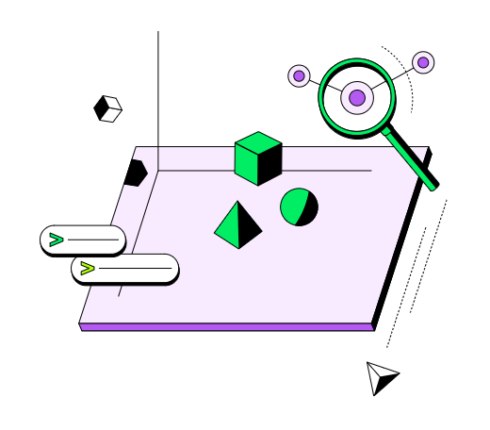
The database company MongoDB has announced new capabilities to enable companies to better leverage generative AI.
MongoDB Atlas Vector Search is now generally available, which allows customers to build generative AI into their applications based on their own data. This enables the AI to provide accurate, relevant responses for a specific organization or domain.
Customers can build AI features, such as semantic search or image comparison, into their applications. It uses a “flexible and scalable” document-based data model, which, according to the company, enables customers to combine queries for vector data, analytical aggregations, text-based search, geospatial data, and time series data.
As an example, a user could request “Find real estate listings with houses that look like this image, were built in the last five years, and are in an area within seven miles north of downtown Seattle with top-rated schools and walking distance to parks.” The application can then provide a response that is based on queries from multiple data sources.
In addition to this new tool, the company also announced the release of MongoDB Atlas Search Nodes, which provide dedicated infrastructure for managing generative AI search workloads for MongoDB Atlas Vector Search and MongoDB Atlas Search.
This infrastructure runs separately from the operational nodes of the database, which allows for workload isolation, cost optimization, and better performance, MongoDB explained.
For example, it could be used by a retailer running a holiday promotion to isolate and scale workloads for chatbots in a specific location.
According to MongoDB, this new service can reduce query times by up to 60%.
“With the general availability of MongoDB Atlas Vector Search and MongoDB Atlas Search Nodes, we’re making it even easier for customers to use a unified, fully managed developer data platform to seamlessly build, deploy, and scale modern applications and provide end users with the types of personalized, AI-powered experiences that save them time and keep them engaged,” said Sahir Azam, chief product officer at MongoDB.






